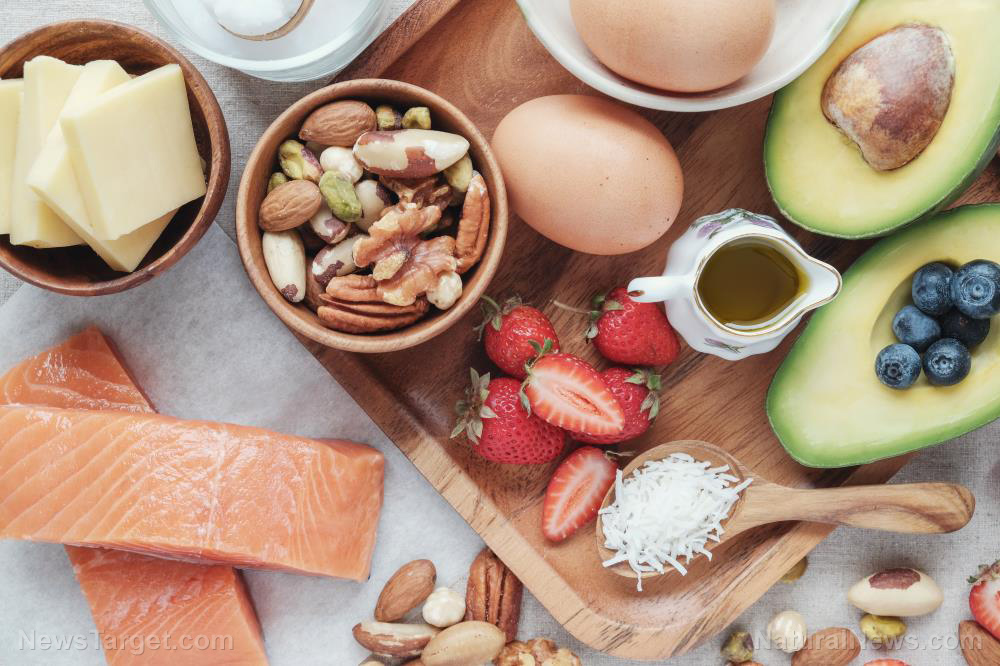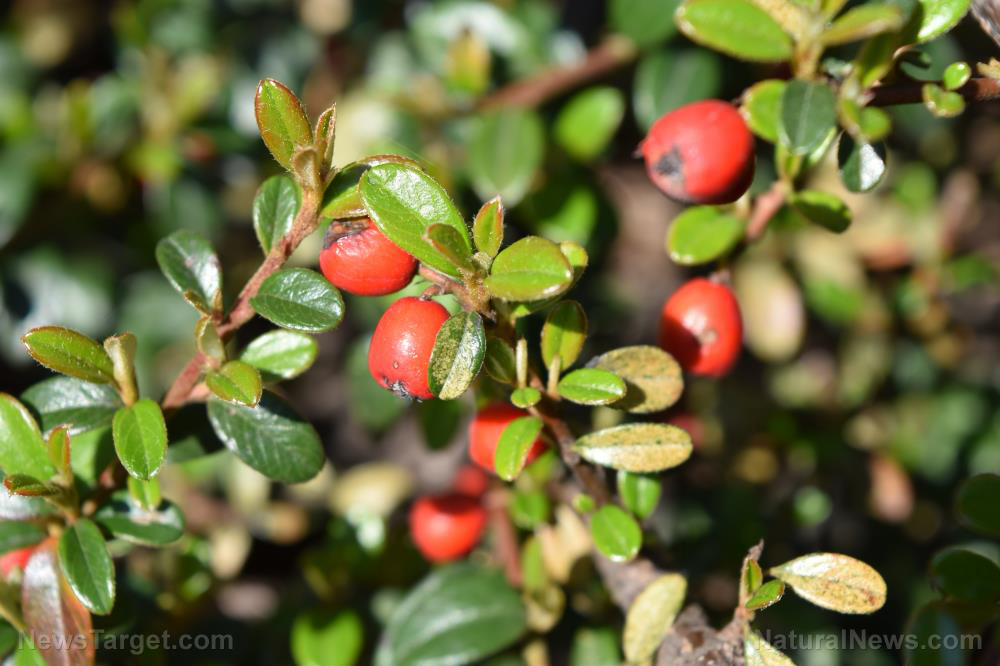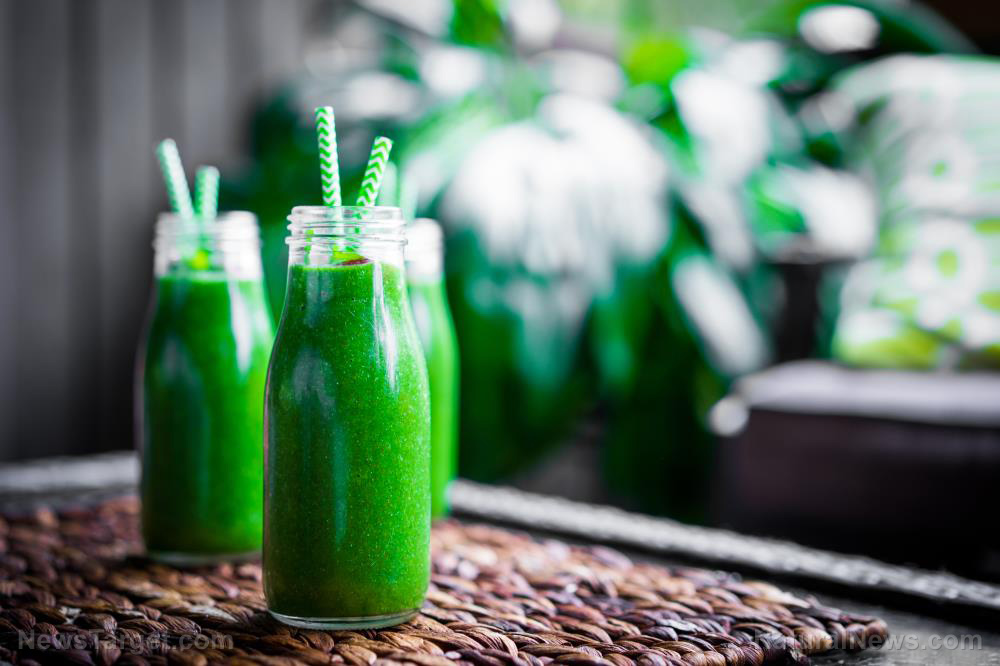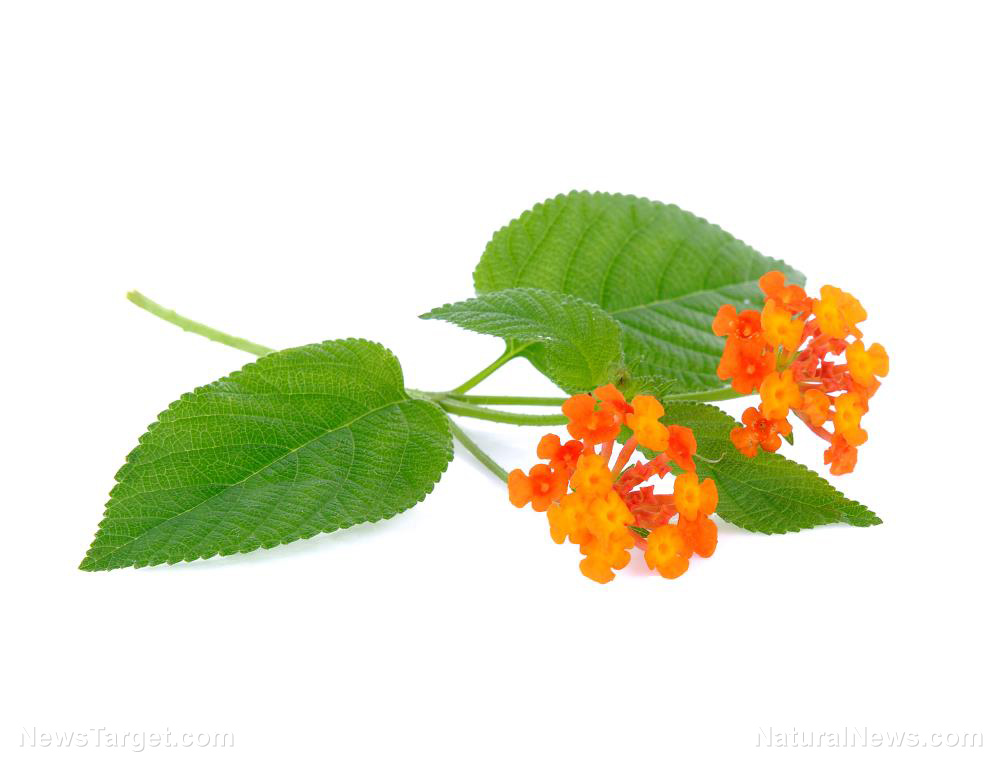Spearmint confirmed to improve cognitive health: Study
03/02/2020 / By Evangelyn Rodriguez
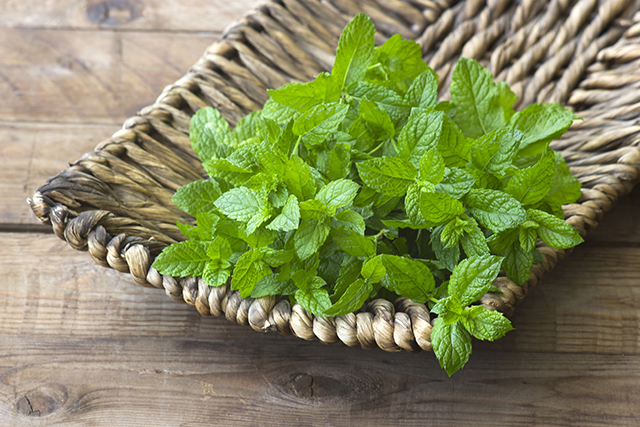
Mentha spicata, or spearmint, is an aromatic herb that can be used for a variety of purposes. A well-known species of mint, it is a great addition to savory dishes and is a common ingredient in products such as chewing gums and commercially-produced toothpastes and mouthwashes.
But spearmint also has plenty of medicinal uses, thanks to its natural abundance in bioactive chemicals. Even today, spearmint is known to relieve minor aches, such as headaches and toothaches, reduce swelling and alleviate digestive problems. A recent study also reveals that it can improve brain function.
In an article published in the journal Nutrition Research, American researchers reported that long-term supplementation with spearmint extract could improve cognitive performance in young, physically active individuals. The herb not only helped enhance their ability to focus, it also boosted their ability to retain and process information.
The positive effects of spearmint on brain function
Previous studies have found that chronic supplementation of spearmint extracts has a positive impact on the cognitive performance of older adults (aged 50-70) with age-related memory issues. To determine if it would have the same effect on a younger population, the researchers conducted a randomized, double-blind, placebo-controlled study involving 142 healthy and recreationally active men and women aged 18-50 years. These individuals received 900 milligrams of either the spearmint extract or a placebo daily for 90 days.
The researchers assessed their cognitive performance using a battery of cognitive tests and their sleep, mood and quality of life using validated questionnaires. Evaluation of these measurements took place on days 0, 7, 30 and 90 of supplementation. (Related: Get a brain boost from spearmint: It improves both short term memory and ability to fall asleep, according to study.)
The researchers reported that individuals who took spearmint extract showed improvements in sustained attention at day 30 and day 90. Sustained attention refers to the ability to focus on an activity over a long period of time. This cognitive skill enables individuals to successfully and efficiently carry out tasks that may take a long time to complete.
The same individuals also showed improvements in complex attention — the ability to maintain and manipulate information — at day 7 of supplementation compared to individuals who received a placebo. In particular, the researchers observed significant improvements in two individual tests: the shifting attention test and the four-part continuous performance test. However, they found no significant differences between the two groups in terms of mood, sleep or quality of life.
Based on these findings, the researchers concluded that chronic supplementation of spearmint extract improves cognitive performance in a young, active population.
Other health benefits of spearmint
Like other medicinal herbs, spearmint is rich in beneficial phytonutrients with health-promoting properties. The menthol in spearmint, for instance, has relaxing effects on muscles and can help relieve the symptoms of irritable bowel syndrome. It is also an effective nasal decongestant.
Spearmint also contains plenty of vitamins and antioxidants, such as limonene and cineol. Both compounds even boast anti-inflammatory effects. Meanwhile, the carvone in spearmint essential oil can inhibit muscle contractions in the digestive tract, making it a good remedy for digestive upsets.
Here are some other health benefits of drinking spearmint tea or applying spearmint essential oil (h/t to Healthline.com):
- Relieves stomach problems
- A great source of antioxidants (e.g., rosmarinic acid, flavones)
- Treats hormonal imbalance
- Reduces facial hair (in women)
- Fights bacterial infections
- Helps lower blood sugar levels
- Helps reduce stress
- Relives arthritis pain
- Helps lower blood pressure
Spearmint has a lower amount of menthol than peppermint, so its leaves don’t impart a strong, bitter flavor when added to dishes. And thanks to its carvone content, spearmint also tastes sweeter than peppermint.
Incorporate spearmint into recipes or make a soothing cup of spearmint tea to enjoy the health benefits of this amazing herb.
Sources include:
MS.org.au [PDF]
Tagged Under: brain function, brain health, brain health boost, cognitive function, cognitive health, food is medicine, food science, functional food, herbal medicine, Herbs, natural medicine, research, spearmint, supplements
RECENT NEWS & ARTICLES
COPYRIGHT © 2017 BRAIN NEWS




